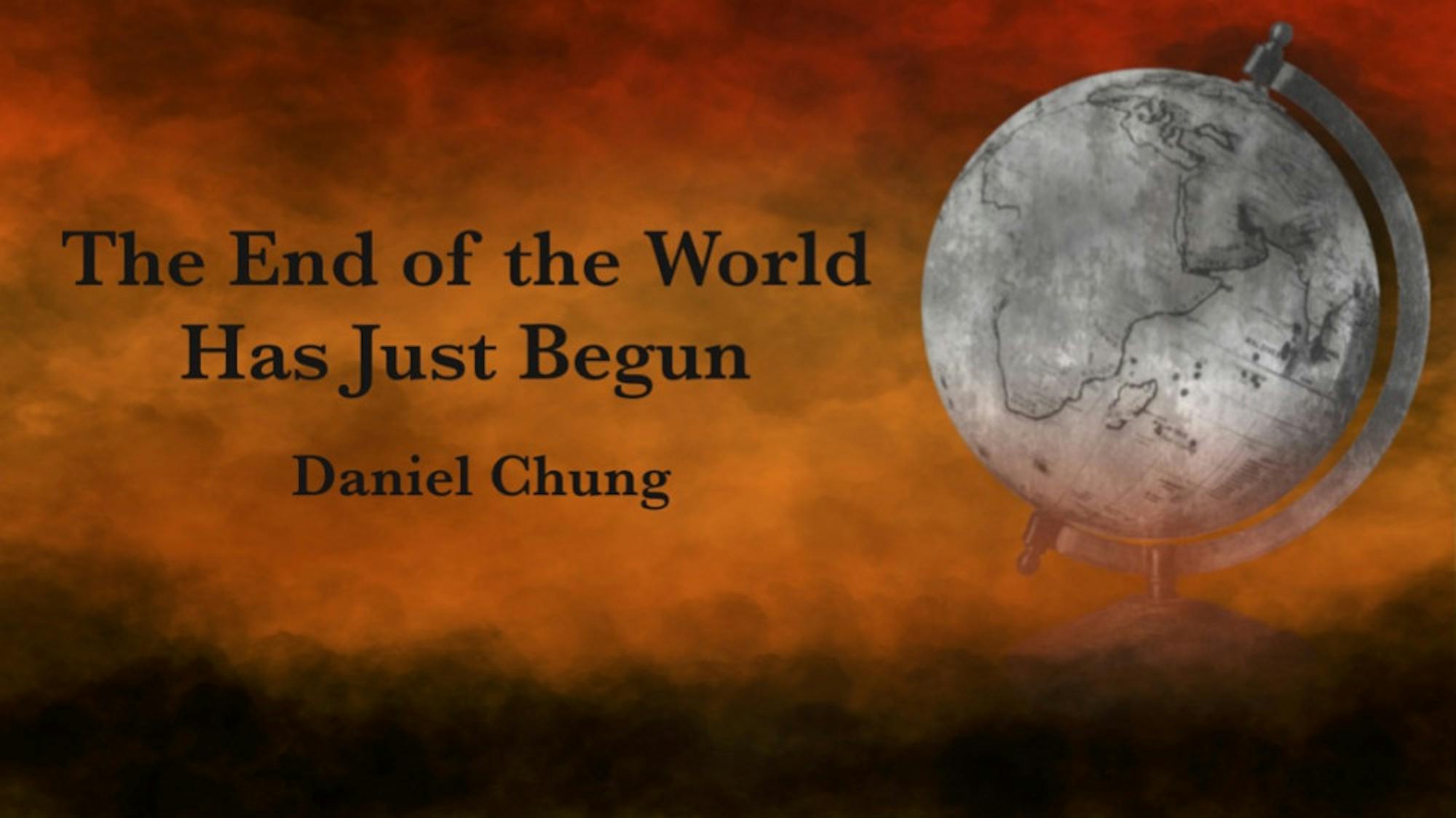For at least the last half decade, it’s seemed like the world has been in a constant state of failure for most observers of the news. To liberals in the United States, much of this has been pinned on the unexpected and largely unprecedented rise of Donald Trump to the presidency and the devolution of much of the Republican base into cult-of-personality MAGA politics.
Meanwhile, on the American right, fingers have pointed at illegal immigration and a rise in crime — violent crime increased 5.2% from 2019 to 2020, echoing the rise between 1961 and 1962 which preceded decades of riots. Another common point of criticism, lobbed at the system by people from across the political spectrum, is the increasing noticeability of a sprawling bureaucratic state which seems to get incompetently involved with the private lives of citizens at every possible turn, as exemplified by the CDC’s self-admittedly botched response to COVID-19.
Outside of the American domestic system, regional great-power competition seems to be returning for good. Russia has initiated a war in Ukraine and seems set on reconstructing a traditional sphere of influence in the post-Soviet space, while China attempts to expand its influence into the Taiwan Strait yet again.
But aside from those two oft-mentioned states, Turkish neo-Ottomanism is on the march again, with Ankara most recently re-hardening its stance towards Greece, Japan is rearming in a fashion eerily reminiscent of its posture before the Second World War, France is making a play for a soft zone of influence in North Africa, Iran is reconstructing a Persian sphere by taking advantage of American indifference towards Iraq and India along with Israel have recently partnered with the United Arab Emirates to construct an exclusive food corridor at a time of global agricultural instability. It seems like the entire international system is backsliding with countries operating more by the realist principle of self help than the cooperative international norms and institutions that have ruled the last few decades.
However, while all these events are happening, and are significant in their own rights, they mostly serve as the symptoms of something else below the surface. To be exact, the entire structure of globalization that has served as the foundation of the last near-century since the end of the Second World War is fading away, and it’s not clear what, if anything, will be replacing it.
On top of all of this, growing sentiment in the United States against being the world’s policeman has been driving American politicians since George H.W. Bush successively toward more isolationism. Bill Clinton entered the presidency promising on ABC News to “focus like a laser beam on the economy” and domestic renewal — as became clear days into his term, when he slept through calls by international leaders to congratulate him, saying that foreign policy would come into play only “as it affects the economy.” U.S. grand strategy under Clinton became increasingly haphazard, with the uncoordinated expansion of NATO into Eastern Europe that did not take the opinions of the Russians into account being the best example of this.
While the United States did not make any formal promises to restrict NATO expansion eastward, they could have taken a more cautious approach towards Russia. By expanding the Partnership for Peace and keeping NATO small, they could have eased Russian worries and potentially avoided the current wars in the Russian borderlands.
Later, President Obama routinely blew off U.S. allies, including the strategically important Turkey. President Trump was, well, Trump, and even though defenders of the liberal international order have celebrated Biden’s election, the new president has consolidated Trump’s anti-globalization worldview.
The best example of this would be how the renewed NATO alliance has not come with a guns-for-butter trade to incentivize future cooperation against Russia after this current war. An example of a previous such arrangement was how the United States organized the Marshall Plan to support the economies of European nations through offshoring manufacturing jobs in exchange for total control of their security policies against the Soviet Union and global communism.
Experts have warned about the United States allowing this liberal order to break down; another example is how President Biden’s Indo-Pacific Economic Framework critically neglects to offer U.S. market access to its members, thus failing to totally ensure cooperation on security issues in Asia against China. Since the liberal international order relies on all states within the system cooperating on security issues under American auspices, a failure by American policymakers to continue providing an economic incentive for cooperation does not portend well for a continuation of the Long Peace.
All of this points to a world where the interconnectivity brought on by globalization, which fueled the rise of the global middle class, will also be its own downfall. The idea of ‘Eurasia’ — that Europe and Asia are concepts which misguidedly divide up a single geographic space — has returned to the forefront of academic discourse in recent years. Experts realize that technology has enabled the two continents to meld, so that now an event happening in the Russian borderlands can cause the breakdown of relations and states that are half the world away.
As described by foreign affairs author Robert Kaplan, technology did not overcome geography but rather made it more claustrophobic. Now we are seeing the end result. When one piece moves, the whole house of cards comes crashing down, resulting in deglobalization and the end of a global industrial system as described at length by geopolitical analyst Peter Zeihan.
My previous column, “Managing Multipolarity,” dealt with the prospects of the potential challengers to the current U.S.-centric world order — Russia, China, France, Japan, India and Turkey — including the challenges they faced and an evaluation of their chances to rise to great power status. This new column, “The End of the World Has Just Begun,” will continue to discuss the security challenges faced by the world and different regions in the coming decades. However, its main focus will be on the underlying economic logic that is driving these changes. In other words, I will try to explain why it feels like decades can pass with nothing happening before days pass in which decades happen.






